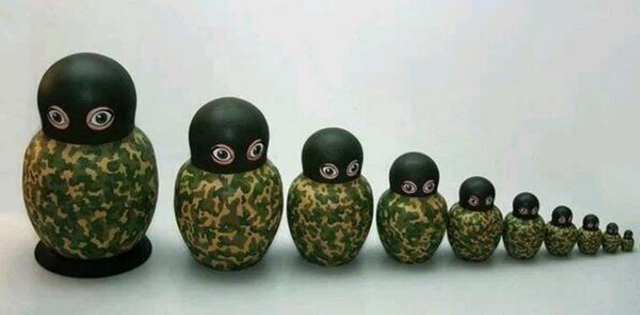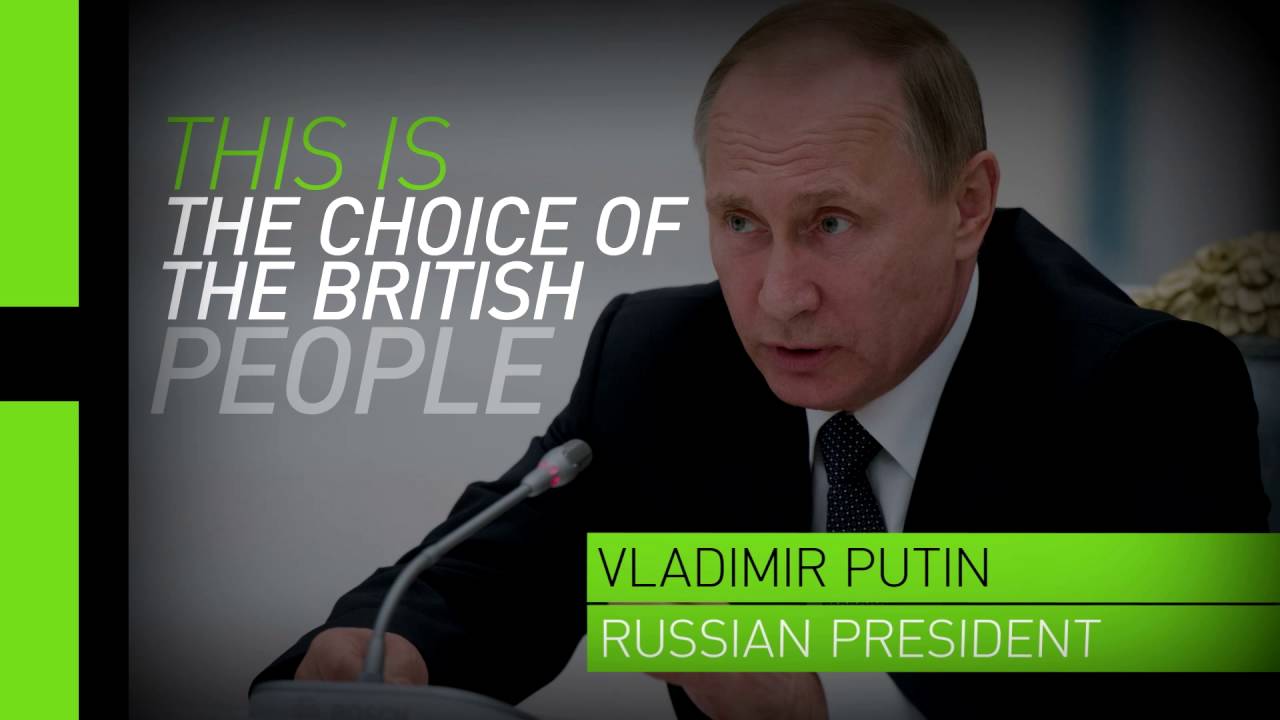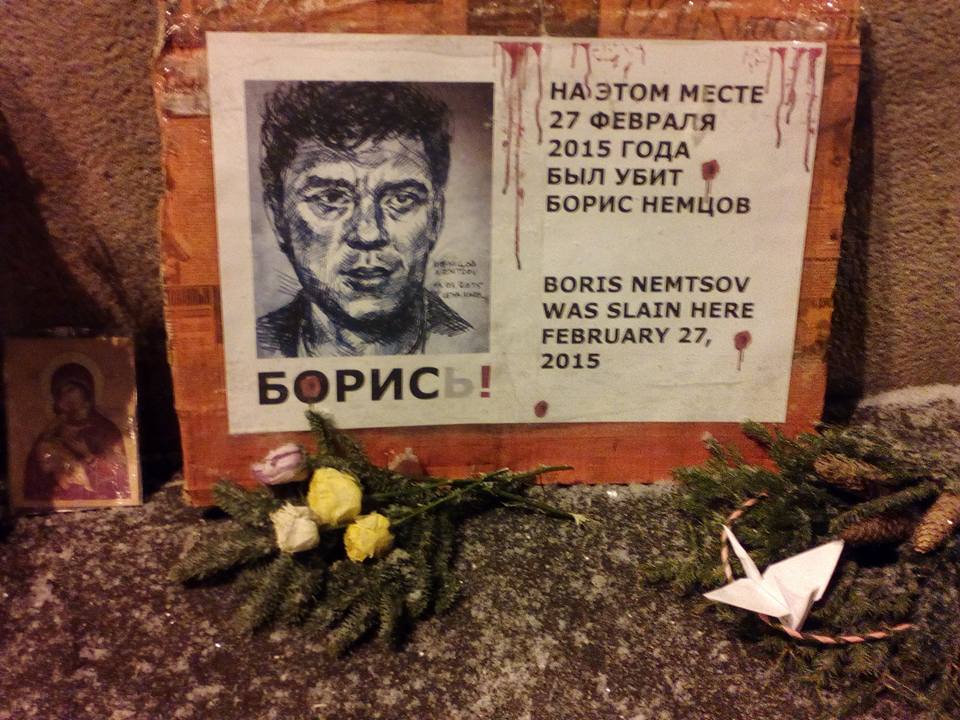Are the difficulties in Russia's relations with Ukraine really due to the personalities of the presidents?
Nadiya Savchenko, in an interview with the BBC, stated that "if Putin and Poroshenko were removed, then relations could be normalized but only under those two conditions." It is true that she later specified that it would be better to remove Putin first, but that in any case, "the old politicians must be removed."
It is difficult to argue with the second thesis. The renewal of the political elite is necessary in Ukraine, in Russia, in all the countries of the former Soviet Union. At the same time, the renewal must be radical and can occur only with successful economic transformations and the emergence of committed owners.
If we succeed, in 10-15 years we will have a new elite -- not in terms of personalities and age but in terms of quality and value. And this is determined not by youth and biography but by the understanding of strategic objectives.
And this is where the main problem arises. Are the difficulties in Russia's relations with Ukraine due to the personalities of the presidents? We would like to remind Nadiya Savchenko that these problems absolutely did not begin with the election of Petro Poroshenko as president.
And even if we do not bring up a historical retrospective, which is known to every schoolchild, did the annexation of Crimea occur under Poroshenko? Did the war in the Donbas begin under Poroshenko?
On the contrary. His election as president was largely the result of public reaction to this war. Poroshenko, who was seen as an experienced diplomat and moderate politician by the citizens, won so easily because he promised to end the war. Through diplomatic methods and without new battles and victims.
But you always need two to tango. Why would Putin negotiate with Poroshenko if he launched the war against Ukraine? Why would Putin negotiate with Poroshenko's successor if he launched the war against Ukraine? And in general, is the issue really with Putin?
Without delving into historical details that are known to every schoolchild, it would be worth mentioning that Russia made its first claims on Ukraine as early as August 24, 1991. This was at a time when there was no trace of Putin and when there was the democrat Yeltsin. But efforts to seize Crimea and Sevastopol began even then.
The Russian parliament -- parliament and not some public organizations -- was adopting corresponding decrees even then. Yeltsin postponed his state visit to Ukraine when Kuchma was already president until Moscow and Kyiv reached an agreement on the Black Sea Fleet. Tuzla also occurred under Kuchma, when Yanukovych was prime minister. (Tuzla Island between Ukraine and Russia was subject of a territorial dispute between the two countries in October 2003 -- Ed.).
What else do we need to bring up so that Nadia Savchenko and other political neophytes understand that the personalities of the presidents is not the issue. The Putins come and go, but the Russian Empire remains.
And as long as the empire remains even in a limited geographical area, and as long as its inhabitants view all neighboring countries as the "Great Russia" that they have lost but will inevitably recover, we have only one very simple choice. We either surrender to the enemy and become a Russian colony again, which we were, in fact, since the Pereyaslav Treaty of 1654 until the victory in Maidan in 2014. Or we need to protect our freedom and remain Ukraine.
The names of the presidents in this choice are of secondary importance.




